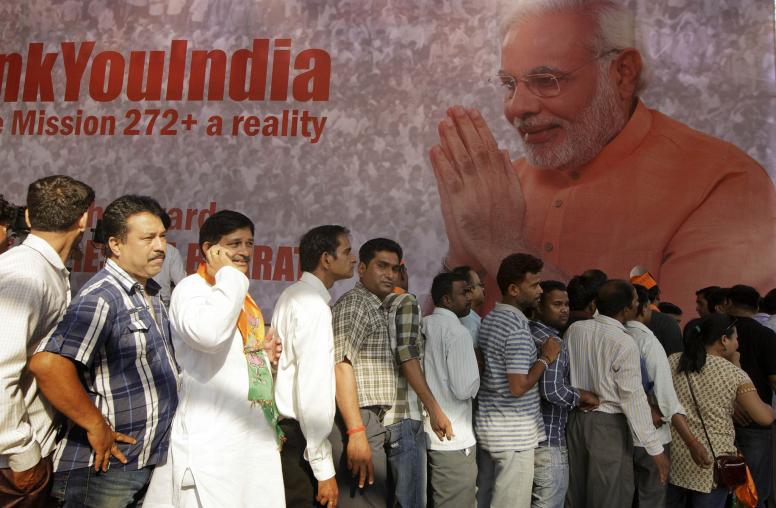Bosnia and Herzegovina: Its Future in Europe
The United States Institute of Peace invites you to participate in a Current Issues Briefing featuring Foreign Minister Jadranko Prlic of Bosnia and Herzegovina.
Dr. Jadranko Prlic is the Minister of Foreign Affairs of Bosnia and Herzegovina. He has held this post since January 1996. Prlic holds a Ph.D. in international economics from Sarajevo University, and is a professor of economics and international economy at Mostar University.
Dr. Prlic will discuss:
- Democracy, Economic Development and the National Interest in the Transition Period in Bosnia and Herzegovina, his book;
- implementation of the Dayton Accords;
- integration of BiH into the European community; and
- European regional security.
Presentations will be followed by questions and comments from the floor.





